This event will include several networking opportunities throughout the day, providing an opportunity for all delegates to discuss their research with the aim to stimulate future industry and academic collaborations. This meeting is co-organised by the Royal Society of Chemistry and AstraZeneca and will take place in person.
New frontiers in synthetic chemistry 2023
23 November 2023 09:00-19:00, London, United Kingdom
This event will include several networking opportunities throughout the day, providing an opportunity for all delegates to discuss their research with the aim to stimulate future industry and academic collaborations. This meeting is co-organised by the Royal Society of Chemistry and AstraZeneca and will take place in person.
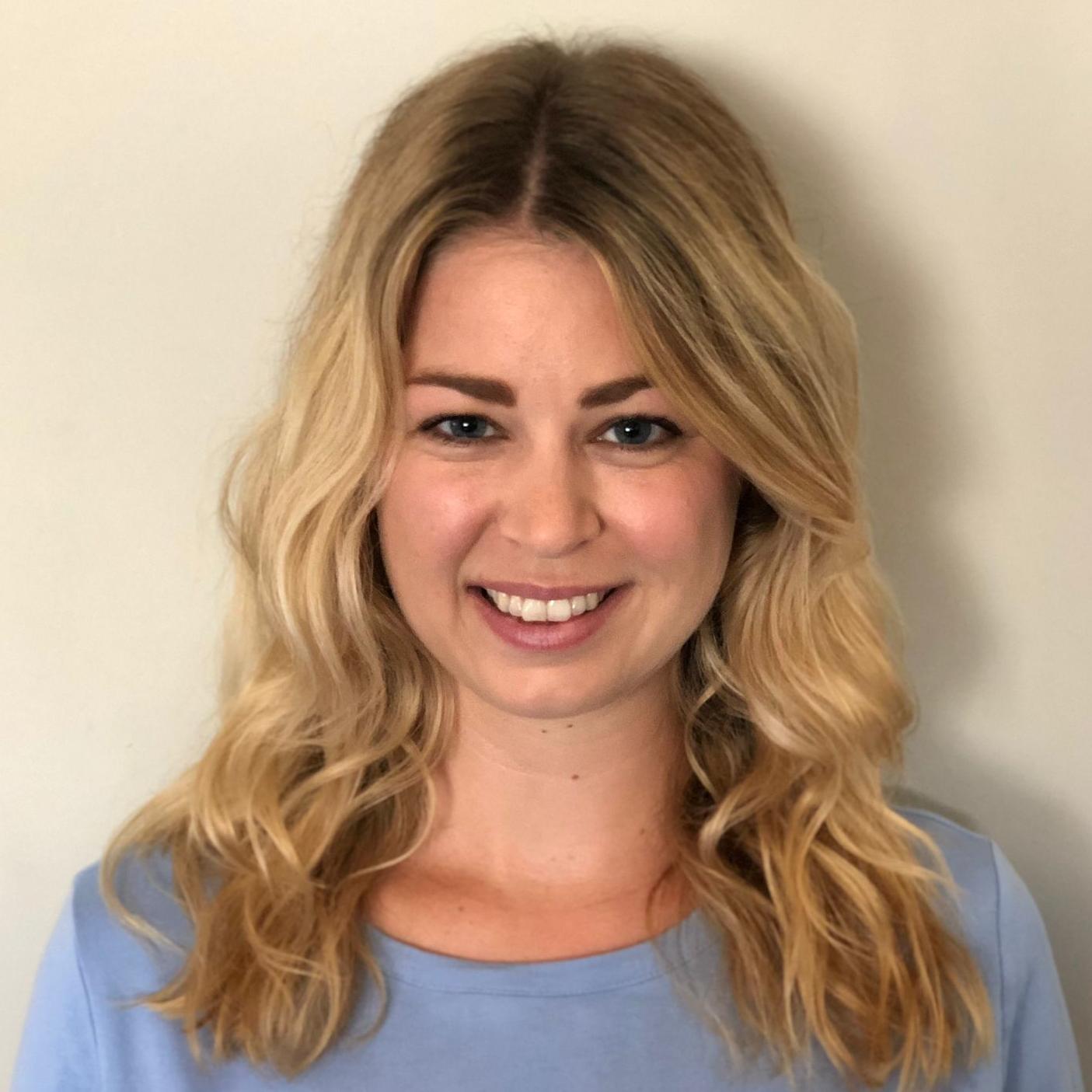 Phillippa Cooper, Astrazeneca, United Kingdom
Phillippa Cooper, Astrazeneca, United Kingdom
Phillippa obtained her MChem from the University of Nottingham in 2015, before moving to the University of Bristol to carry out her PhD under the supervision of Professor John Bower (2019). In 2020, she moved to The Scripps Research Institute as a Lindemann Fellow, where she worked in the group of Professor Keary Engle. In 2021, Phillippa joined AstraZeneca as a Senior Scientist, where she currently works in the area of high-throughput experimentation and catalysis.
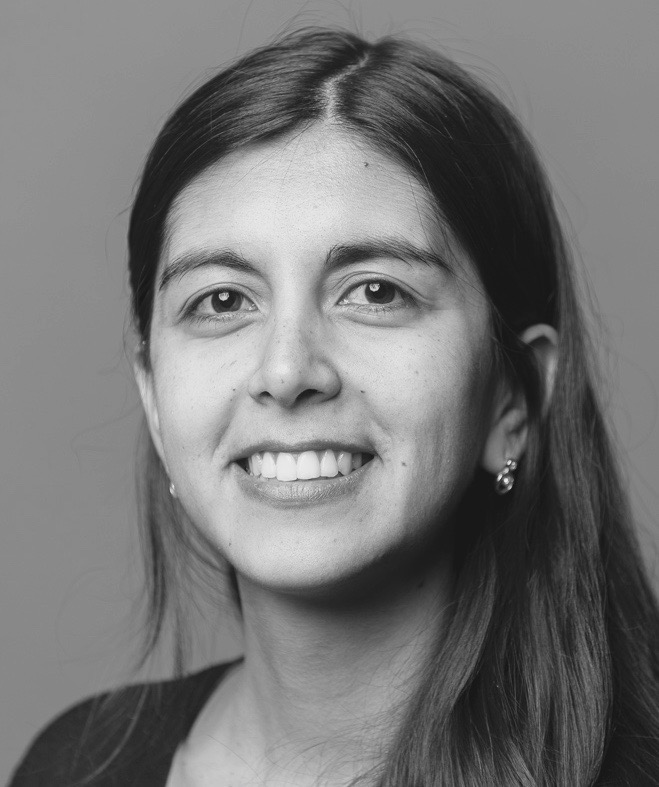 Fernanda Duarte, University of Oxford, United Kingdom
Fernanda Duarte, University of Oxford, United Kingdom
Fernanda was born in Santiago, Chile. She completed undergraduate and graduate studies at Pontificia Universidad Católica de Chile (PUC), undertaking research in inorganic and computational chemistry. From 2012-2015 she held a postdoctoral position at Uppsala University, specialising in biomolecular modelling. In 2015, she moved to the UK with a Royal Society Newton Fellowship at the University of Oxford, followed by a Chancellor's Fellowship in Edinburgh. In 2018 Fernanda returned to Oxford, where she is currently an Associate Professor and Tutorial Fellow at Hertford College. Her research programme focuses on developing computational methods to understand (bio)chemical reactions and guide molecular design.
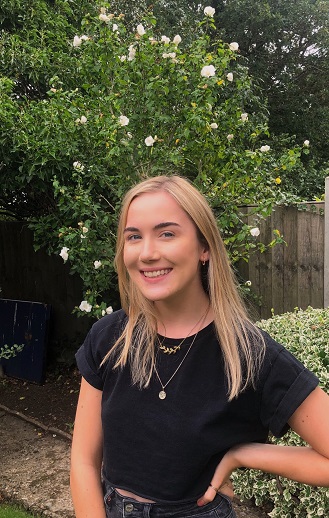 Claire Dooley, University of Oxford, United Kingdom
Claire Dooley, University of Oxford, United Kingdom
Claire Dooley grew up in north east London and obtained her BSc and MChem in Chemistry from the University of Leeds in 2016 which included a one-year placement at RB. She completed her masters project in the lab of Dr Visuvanathar Sridharan on the synthesis of TRPC5 inhibitors. She moved to the University of Oxford in 2020 and is currently in the final year of her DPhil under the supervision of Prof. Véronique Gouverneur, in collaboration with AstraZeneca (Cambridge). Her work focuses on asymmetric nucleophilic fluorination with alkali metal fluoride salts.
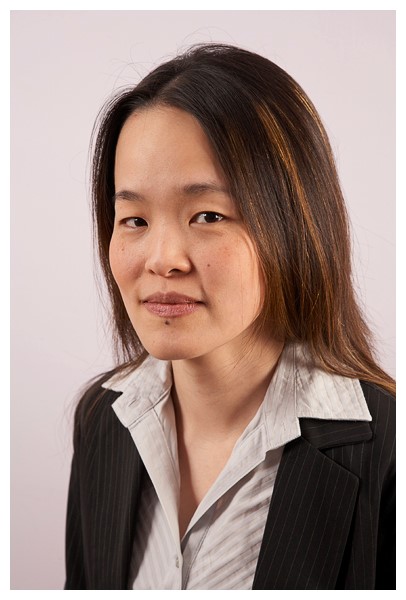 King Kuok (Mimi) Hii, Imperial College London., United Kingdom
King Kuok (Mimi) Hii, Imperial College London., United Kingdom
King Kuok (Mimi) Hii is interested in the development of catalytic reactions and associated technologies for C‑C or C‑X bond formations that are relevant to the pharmaceutical and fine chemical industries. She loves to apply new engineering and data-driven approaches in our research, including flow chemistry, in situ kinetic studies to support reaction mechanisms, and process-enhancing tools. Recently, King Kuok (Mimi) Hii co-led (with BASF) a successful bid for an EPSRC Prosperity Partnership: “Innovative Continuous Manufacturing for Industrial Chemicals (IConIC)”, including partners across the chemical value chain, to design innovative flow chemistry processes for R&D labs and high-value manufacturing.
 Alastair Lennox, University of Bristol , United Kingdom
Alastair Lennox, University of Bristol , United Kingdom
Alastair Lennox attained his PhD from the University of Bristol (Prof Guy Lloyd-Jones) and did postdoc studies in Rostock, Germany (Prof Matthias Beller) as an Alexander von Humboldt Fellows and Madison, Wisconsin (Prof Shannon Stahl). In 2018, Alastair returned to the University of Bristol as a Royal Society University Research Fellow to start his independent research programme. His group are interested in the development of novel synthetic methods relevant to pharma. His group have a strong focus on the development of fluorination reactions and fluorinated building blocks, and exploring how electrochemistry can benefit organic synthesis for sustainable redox reactions.
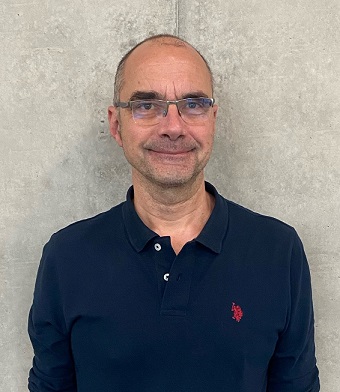 Olivier Lorthioir, Astrazeneca, United Kingdom
Olivier Lorthioir, Astrazeneca, United Kingdom
Olivier Lorthioir obtained his PhD in Chemistry from the French National Centre for Scientific Research in Orléans. Postdoctoral work with Prof. Robert Ramage (University of Edinburgh) was followed by a move to Pasteur Institute in Paris. From 1999 to 2009 Olivier worked at GSK (Discovery Research, Stevenage then Neurosciences CEDD, Harlow). In 2009 Olivier moved to Belgium to join UCB Pharma. In 2015 Olivier returned to the UK where he is currently working in Oncology Medicinal Chemistry at the AstraZeneca Disc in Cambridge. Olivier is especially interested in the direct application of new reagents and technologies to live medicinal chemistry projects, with a strong focus on photochemistry and novel saturated heterocycles.
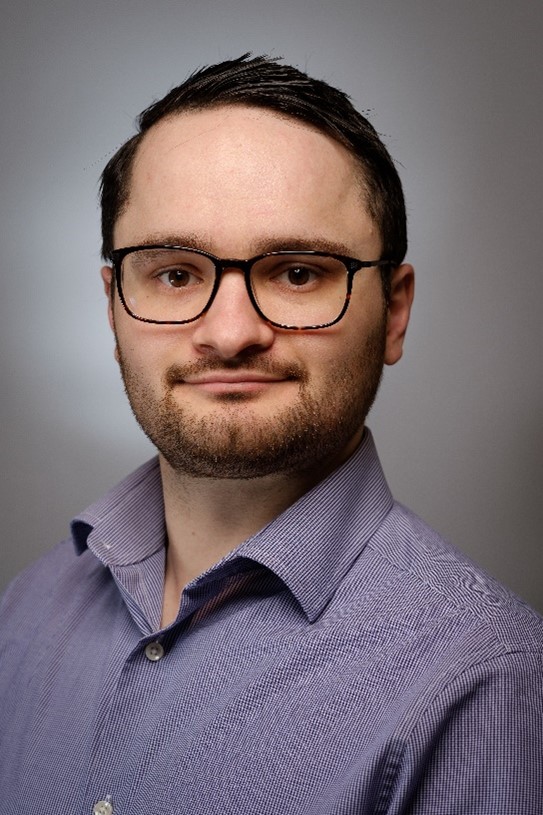 Carl Mallia, Astrazeneca, United Kingdom
Carl Mallia, Astrazeneca, United Kingdom
After finishing his undergraduate and master’s degree at the University of Malta, Carl moved to Durham University in the United Kingdom where he completed his PhD with Prof Ian Baxendale focusing on continuous flow reactions using gases as reactants. After some time in industry, Carl moved to AstraZeneca where he currently is an Associate Principal Scientist withing the Early Chemical Department. Carl typically leads the process chemistry development and manufacture of drug substances for compounds which are in Phase 1-2.
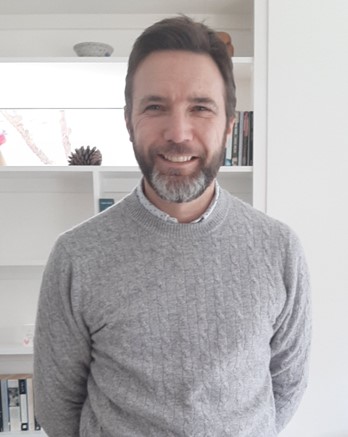 David Procter, University of Manchester, United Kingdom
David Procter, University of Manchester, United Kingdom
David obtained his BSc and PhD in Chemistry from the University of Leeds. He then spent two years with Robert Holton at Florida State University working on the synthesis of Taxol analogues. In 1997 he took up a Lectureship at the University of Glasgow and was promoted to Senior Lecturer. In 2004, he moved to a Readership at the University of Manchester. David was promoted to Professor in 2008 and is currently Head of Department. David’s awards include the 2020 RSC Charles Rees Award, an EPSRC Established Career Fellowship (2015-2020), and the 2014 Liebig Lectureship from the German Chemical Society.
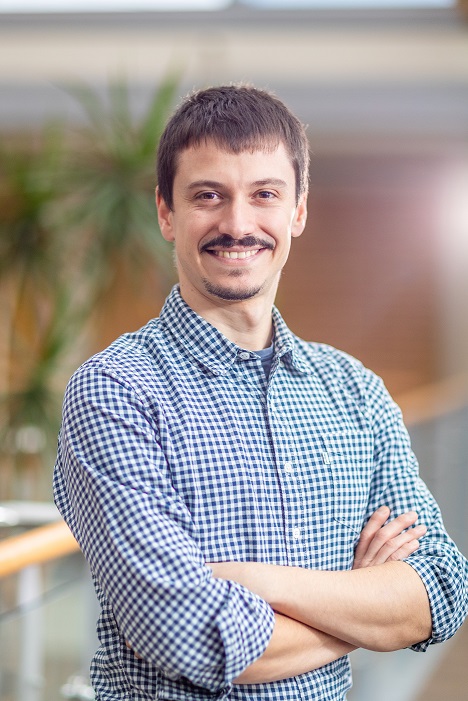 Mattia Silvi, University of Nottingham, United Kingdom
Mattia Silvi, University of Nottingham, United Kingdom
Dr Mattia Silvi obtained his PhD in 2015 at the Institute of Chemical Research of Catalonia (ICIQ) under the supervision of Prof. Paolo Melchiorre. He then moved to the University of Bristol in the group of Prof. Varinder K. Aggarwal as a Marie-Curie Fellow (2016-2019). In 2019, Mattia was appointed tenure-track group leader at the University of Nottingham, where he was promoted to Assistant Professor (2022) and finally to Associate Professor (2023). Mattia is the recipient of a 2023 Thieme Chemistry Journals Award, a 2022 ERC Starting Grant and a 2020 EPSRC New Investigator Award. His research focuses on photochemistry and radical chemistry.
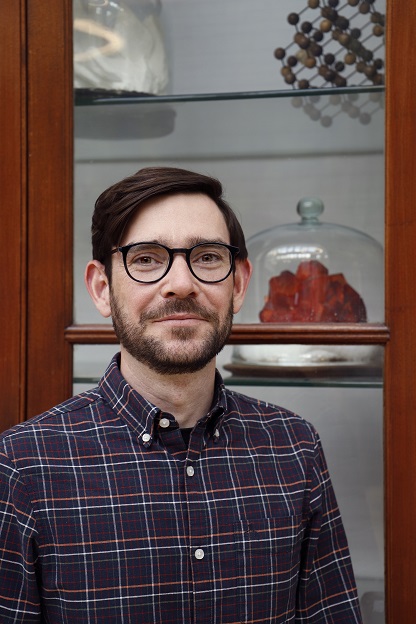 Stephen Thomas, University of Edinburgh, United Kingdom
Stephen Thomas, University of Edinburgh, United Kingdom
Stephen Thomas is a Professor of Organic Chemistry at The University of Edinburgh. Stephen completed his MChem at Cardiff University working with Prof. Nick Tomkinson, and his PhD at the University of Cambridge with Dr Stuart Warren. Postdoctoral work with Prof. Andreas Pfaltz (University of Basel, Switzerland) was followed by a move to the University of Bristol to join Prof. Varinder Aggarwal FRS as his Research Officer. Stephen’s independent career began at The University of Edinburgh as a Chancellor’s Research Fellow (2012) and Royal Society University Research Fellowship (2014). The Thomas group focusses on the development and understanding of sustainable catalysis and has been recognised by the 2016 RSC Hickinbottom Award, a Pfizer Green Chemistry Award, 2021 MSD Award, and as a 2022 Blavatnik finalist.
Abstract submission is now closed
Posters are displayed throughout the meeting and there will be a dedicated poster session.
Additional information
All poster abstracts will be reviewed by the committee. Authors will be notified of the outcome of the review process within about 1 week of the submission deadline. The abstracts should be no longer than one A4 page in portrait layout. Please ensure you provide the details of the presenting author when you are submitting an abstract for poster presentation.- Attendance at the scientific sessions
- Refreshments throughout the meeting
- Lunch
- Attendance at the drinks reception
| Member | £30 |
| Non-member | £50 |
Book now
Terms and Conditions for Events run by the Royal Society of Chemistry
The Royal Society of Chemistry, Burlington House, Piccadilly, London, W1J 0BA, United Kingdom











